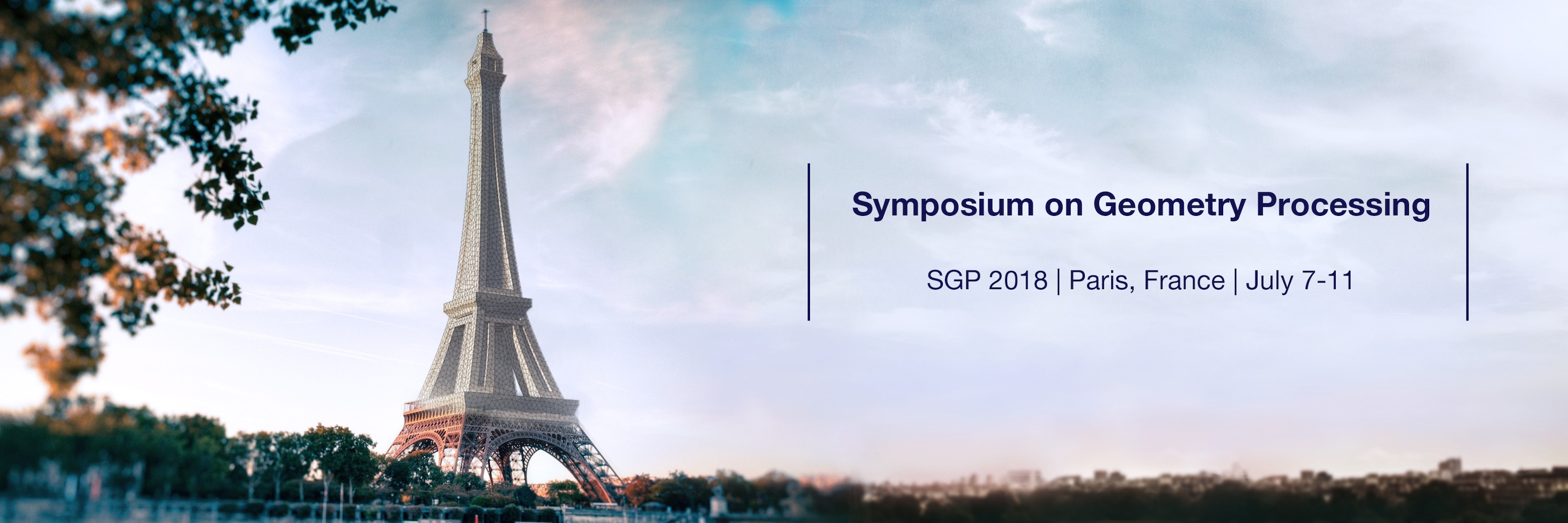Keynote Speakers
Jean-Daniel Boissonnat (Inria):
Towards Geometry Processing in Higher Dimensions
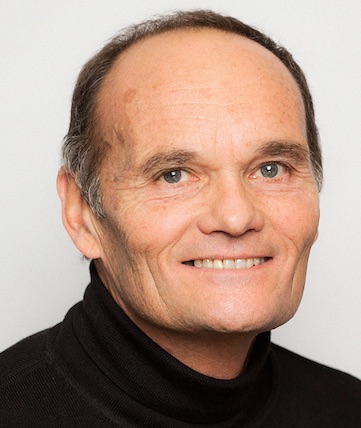 Abstract: Abstract: Geometry Processing is usually associated to 3d shapes but many applications in physics, biology, and engineering require processing the geometry of a variety of higher dimensional spaces like phase space in particle physics, invariant manifolds in dynamical systems, configuration spaces of mechanical systems, conformational spaces of molecules or image manifolds. Extending Geometry Processing to higher dimensional geometric objects is both of practical value and a challenging research area. The talk will survey recent results on some fundamental algorithmic problems in higher dimensional geometry : data structures to represent higher dimensional shapes, algorithms to reconstruct and mesh highly non-linear manifolds, and extracting robust topological features. It is hoped that this talk will attract researchers from Geometry Processing and stimulate new approaches and results in Higher Dimensional Geometry.
Bio: Jean-Daniel Boissonnat is a research director at Inria, the French Research Institute of Computer Science and Applied Mathematics. His research interests are in Computational Geometry and Topology. This includes geometric data structures, Voronoi diagrams, triangulations, randomized algorithms, robust computing, motion planning, shape reconstruction, mesh generation, topological data analysis.
He successively founded and led two project-teams at Inria, Prisme (1987-2002) and Geometrica (2003-2015). He is currently a member of the DataShape team and the principal investigator of the ERC project GUDHI (Geometric Understanding in Higher Dimensions). During the academic year 2016-2017, he was an invited professor at the Collège de France on the Chair Informatics and Computational Sciences.
Vladlen Koltun (Intel Labs):
Deep Learning for 3D Data Processing
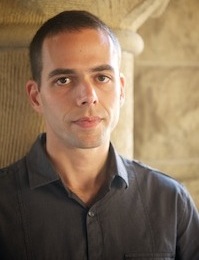
Abstract: I will motivate the application of deep learning techniques to 3D data processing and will present recent work that demonstrates that deep learning can yield significant progress on geometric problems. One result is an approach to learning features that represent the local geometry around a point in an unstructured point cloud. We show that such features can be learned from data, by optimizing deep networks that map high-dimensional histograms into low-dimensional Euclidean spaces. Another result is an approach to semantic analysis of unstructured point clouds using deep convolutional networks. The approach is based on tangent convolutions – a new construction for convolutional networks on 3D data. I will also discuss infrastructure that can support related work, including the Tanks and Temples benchmark (www.tanksandtemples.org) and the Open3D library (open3d.org).
Bio: Vladlen Koltun is a Senior Principal Researcher and the director of the Intelligent Systems Lab at Intel. His lab conducts high-impact basic research on intelligent systems. Vladlen received a PhD in 2002 for new results in theoretical computational geometry, spent three years at UC Berkeley as a postdoc in the theory group, and joined the Stanford Computer Science faculty in 2005 as a theoretician. He joined Intel in 2015 to establish a new lab devoted to basic research.
Mark Meyer (Pixar Animations):
Geometry Processing and Animated Films
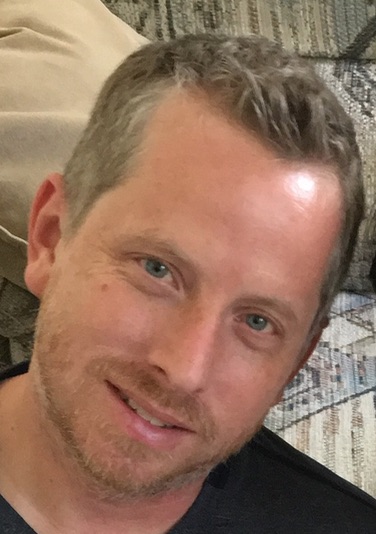 Abstract: Abstract: Geometry processing techniques have become essential in almost every stage of the film production pipeline. This artist centric environment creates difficulties that are often not encountered in an academic setting. This talk will describe example uses of geometry processing in feature film content creation, the unique challenges that this environment brings, as well as some open problems still facing the industry.
Bio: Mark Meyer is a Senior Scientist and lead of the Research Group at Pixar Animation Studios. He received his BS in Computer Science and Computer Engineering from Northwestern University and his Ph.D. from Caltech. Before joining Pixar in 2003, Mark worked on virtual reality and simulation at Argonne National Laboratory and instructed Computer Graphics courses in the Computer Science department at Caltech. Mark is currently working in Pixar's Research Group on projects including character articulation, rendering acceleration, physical simulation and machine learning.
Olga Sorkine-Hornung (ETH Zurich):
Discrete developable surfaces: theory and fabrication of 3D shapes from 2D sheets
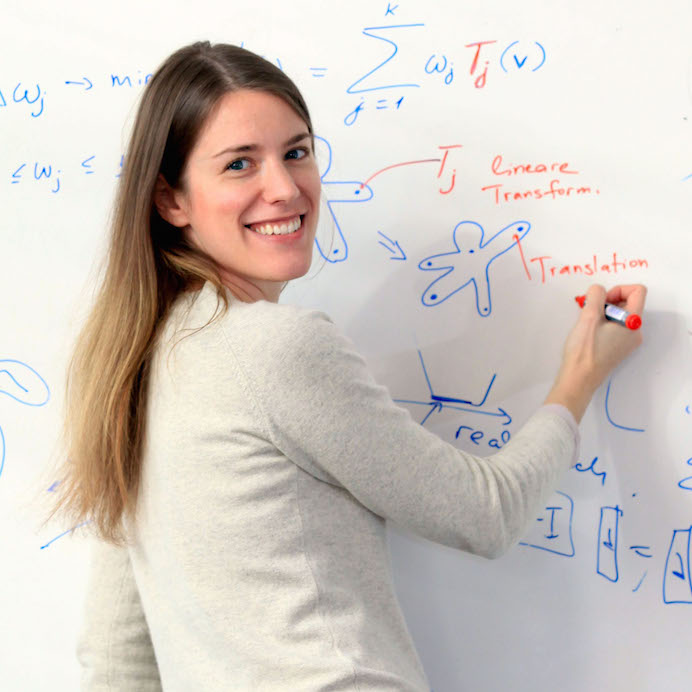
Abstract: Geometric modeling and geometry processing is an indispensable part of digital fabrication, which has become a highly relevant and challenging area of research. Although "digital fabrication" is often perceived as synonymous with 3D printing, there is much to be gained by exploring other, more traditional fabrication methods as well, and the geometric challenges therein. In particular, fabrication with standard materials such as fabric, wood and sheet metal is universal and poses exciting questions. While shapes can be made very precisely out of such materials using laser or robotic cutting, a unifying challenge is the 2D nature of the medium vs. the 3D target shape. In this talk, I’d like discuss this challenge by studying developable surfaces and freeform modeling with such surfaces. I will discuss a discrete model for developable surfaces that is local, so that it can be plugged in into the well familiar variational shape modeling framework. I’ll show some theoretical properties of this model and touch upon a few applications of developable surfaces in digital fabrication.
Bio: Olga Sorkine-Hornung is a Professor of Computer Science at ETH Zurich, where she leads the Interactive Geometry Lab and is currently the head of the Institute of Visual Computing. Prior to joining ETH she was an Assistant Professor at the Courant Institute of Mathematical Sciences, New York University (2008-2011). She earned her BSc in Mathematics and Computer Science and PhD in Computer Science from Tel Aviv University (2000, 2006). Following her studies, she received the Alexander von Humboldt Foundation Fellowship and spent two years as a postdoc at the Technical University of Berlin. Olga is interested in theoretical foundations and practical algorithms for digital content creation tasks, such as shape representation and editing, modeling techniques, digital fabrication, computer animation and digital image manipulation. She also works on fundamental problems in digital geometry processing, including reconstruction, parameterization, filtering and compression of geometric data.
Olga received the EUROGRAPHICS Young Researcher Award (2008), the ACM SIGGRAPH Significant New Researcher Award (2011), the ERC Starting Grant (2012), the ETH Latsis Prize (2012), the Intel Early Career Faculty Award (2013), the EUROGRAPHICS Outstanding Technical Contributions Award (2017) and the Rossler Prize (2017), as well as a number of Best Paper/Software awards. She has been serving on the editorial boards of several journals, such as ACM TOG, IEEE TVCG and Computer Graphics Forum. In 2019 she will serve as the ACM SIGGRAPH technical papers chair.

|
